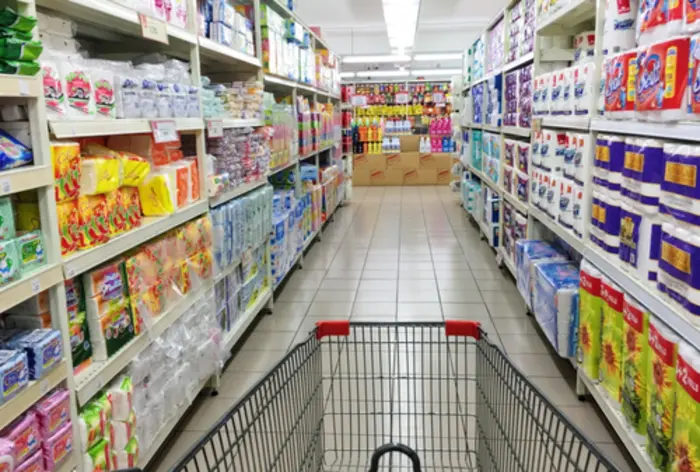FMCG majors all set for a comeback against locals this year 2024
For FMCG majors, the year of 2023 has been a mixed bag. While easing commodity prices reduced stress on their margins, it also brought back local competition that exited the market during the pandemic. This year, they’ll have to keep fighting off competition from nimble, new-aged and local competitors but most brokerages bet that the big boys will win the market share war.
Thank you for reading this post, don't forget to subscribe!“We expect local competition pressure to fade out gradually in CY24 in two more quarters while market leaders are well equipped to come back. Leaders would eventually regain market share and remain competitive by offering more value at mass end by cross subsidy from premium end,” said a report by Nuvama.
The sector which has been hit by heavy downtrading during the high-inflation phase last year, has also been gaining from urban consumers’ increasing love for premium products. In 2023, premium products grew 1.5 times faster than mass-market products.
FMCG majors all set for a comeback Direct to general trade
As newer and regional players stormed in, staples and others tea, soaps and detergents came under heavy competition. Most players had to lose market share in these segments, forcing them to take price cuts in order to hold on to their customers. Price cuts were also taken across hair oil and edible oils.
As per brokerages, this competition is not abnormal and not a lot of market share was ceded. Most of them believe the market share losses of large players were ‘moderate’.
“While we expect competitive intensity to remain moderate in 2024 with no major change in raw material prices, we believe organised players will continue to step up advertising spends to revive volume growth,” said Nomura.
Apart from losing ad purse strings, large players are also amping up their distribution game across rural as well as urban markets. They are setting up direct distribution to go where most consumers of ‘small packs’ are – the rural markets. Not only will expanding footprint fight off local competition but also enthuse the rural market where volume recovery has been elusive.
FMCG majors all set for a comeback Digitally ahead
At the same time, FMCG majors are expanding their presence across e-commerce, quick commerce and other digital marketplaces. The contribution of the e-commerce channel to overall sales has surged for staples companies to 9-10%, says Nuvama.
“The focus of FMCG companies has also shifted to reviving general trade, which accounts for 80% of the industry, and expanding their direct distribution reach,” it adds.
They’re not just marketing better, large players are also inching up innovation and new launch pipelines to fight off ‘niche’ players. A few analysts even expect companies to launch digitally exclusive products as well.
Apart from local players, D2C brands have also become another thorn in the side of the bush. This too is not very tough to fight off, insist analysts.
“We believe noise and competition from pure digital-first/D2C brands have moderated. Beyond a sales level, digital-first brands are unable to scale up and require acceptance and distribution support from general trade, which they are unable to get,” said Nomura.



